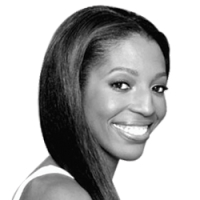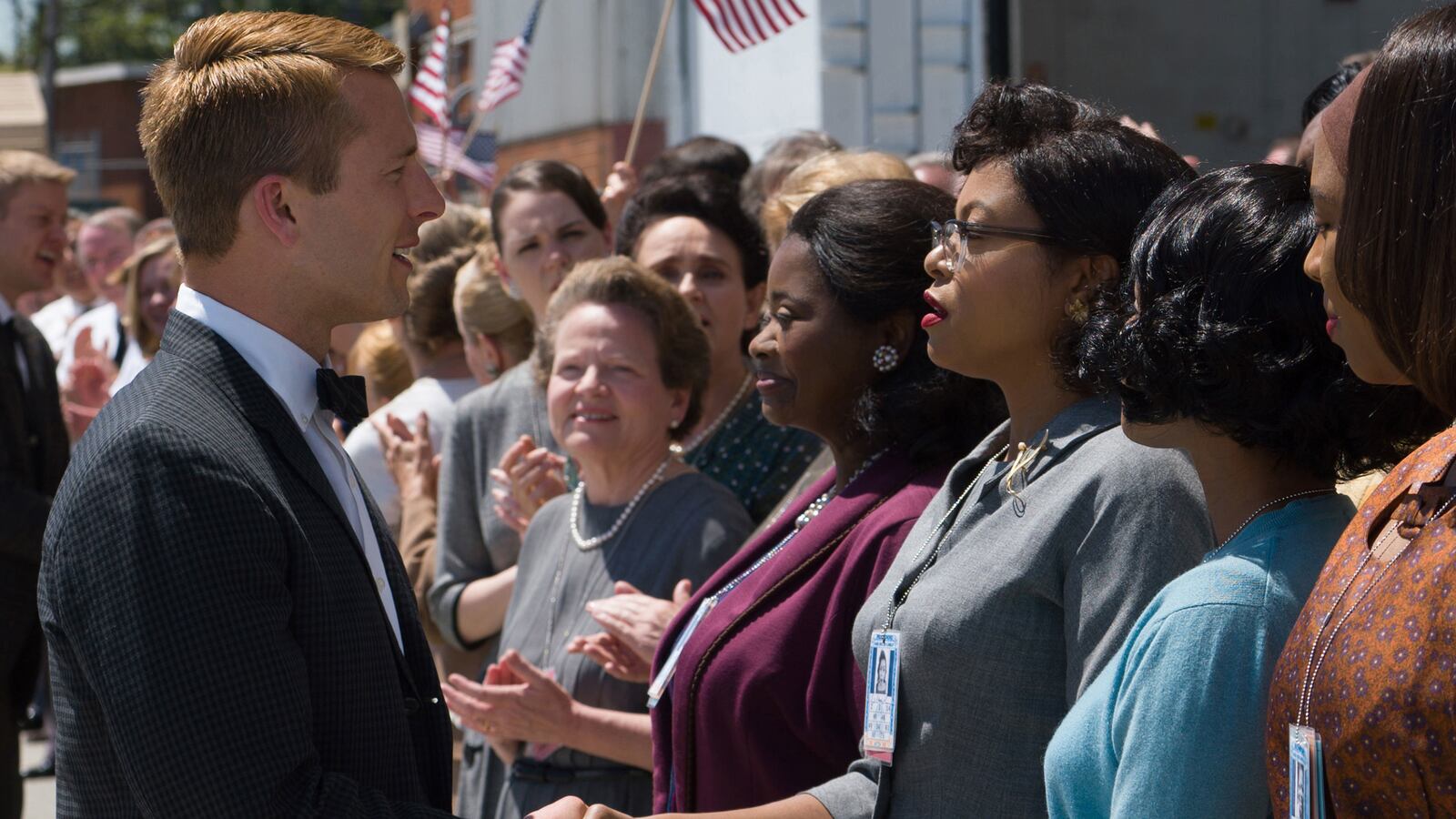Since the election a seemingly never-ending debate has raged between those who voted for Donald Trump and those who did not. The debate goes something like this: If Donald Trump said racist things (which he did, according to Paul Ryan and plenty of other Republicans) then he is racist, therefore anyone who voted for him must be. Of course most who voted for him (except maybe David Duke) vehemently dispute this narrative, hence the never-ending debate.
While I don’t believe every person who voted for Donald Trump is racist I do believe because of his rhetoric his supporters have more work to do to prove that their vote for him was not an endorsement of his most extreme remarks on race, or of his most extreme supporters. So what does that mean exactly? Well, if Trump voters are serious about helping our country heal and ensuring that they are not remembered for worsening America’s racial divide, then they should see the film Hidden Figures and take a cue from the way the movie portrays the astronaut John Glenn.
Hidden Figures, which opens nationally this weekend, tells the story of the three extraordinary African-American women who worked behind the scenes during some of the most groundbreaking years of the U.S. space program. All three women are trailblazing heroines, and the story makes clear that without the work and guidance of mathematic genius Katherine Johnson, Glenn, the astronaut and future U.S. senator, would not have made it to space and back, safely. But in addition to their professional contributions, Johnson and her colleagues Mary Jackson and Dorothy Vaughan are also heroines because of the racism they endured, and the fact that they not only succeeded but excelled despite it.
What makes the film particularly unique, however, is that it doesn’t fall back on some of the more traditional cinematic tropes that films about race often do. There is no “white savior” to speak of, meaning that some white person isn’t depicted as coming in at the end to save the helpless minorities who needed him or her all along. (There has been a ton written about the problems with this narrative.) If anything, one could argue this is one of the first “black savior” films, since the future of the space program, and the lives of astronauts, ultimately rested in the hands of these women. Yet there is an incredibly important takeaway on race relations that applies very much to the modern Trump era in which we live.
Without giving too much away, I can tell you that one of the reasons I found this film so moving is that it doesn’t rely on the more blatant depictions of racism many of us have come to expect from period films. Instead, much of the treatment the women endure is not all that different from the treatment plenty of my friends and I have experienced shopping at a store or in the workplace. No one is shouting the n-word or running around in a Klan robe or saying they hate black people. Instead a number (but not all) of the indignities are much more subtle, such as the undercurrent of exclusion they face from most of their white colleagues.
No one says, “I don’t want you here and I want to see you fail.” But instead they simply don’t lift a finger to help—which can be just as damaging—because they don’t see them as one of them and therefore not part of the team. Even though they are qualified—and frankly in 2017 with their qualifications would likely be running the team. Yet the other indignity that the film highlights to great effect is probably the most pervasive form of racial injustice that exists today: An injustice happens and someone who has the power to say something chooses not to. That could be something as significant as learning of sentencing disparities varying greatly along racial (or class) lines and choosing not to email your local or federal legislators or judicial oversight body—or president—about it, or seeing a minority racially profiled or denied service in a store and choosing not to say anything to the manager.
I don’t have a single minority friend who doesn’t have a dehumanizing story of some sort from a store. I have my own. But so do Oprah Winfrey and plenty of other prominent black Americans.
Usually what those incidents have in common is not just one retailer’s bigotry in declining to provide equitable treatment of patrons regardless of race, but there were usually witnesses who looked the other way. Because after all, who wants to get involved? We’re all busy, in a hurry and have our own problems, right? Except inequality is everyone’s problem, whether we are personally enduring it at that moment or not. Standing up to injustice is not only the right thing to do, but it is a self-preserving thing to do in the long run. For instance, I can’t help but wonder how many lives may have been saved had more white Americans stood up to the injustice involved in the treatment of minority drug addicts decades before addiction began claiming more white lives than black ones.
Which is why I believe the depiction of Glenn and Al Harrison, one of the supervisors within the space program, in Hidden Figures should serve as models for any Trump voter who genuinely wants to see racial healing in our country. Glenn and Harrison weren’t white saviors, but white allies. The small acts of kindness they demonstrated toward these women were not really small at all, because they ended up serving as an example for others. By actively voicing their respect for these women it sent a message to others, that likely would not have been received had Glenn and Harrison chosen to remain silent.
There are a number of powerful moments in which Glenn and Harrison make it clear that they respect and trust Johnson, and her intellect—even more than they respected some of her white male peers. This was extraordinary in and of itself, considering in that era plenty of people were still making the case that African Americans were intellectually inferior, and of course socially inferior.
But for me the more subtle moments of humanity resonated just as greatly. For instance, in the film Glenn is depicted as the only astronaut in training that makes a point to introduce himself to black staff members. He does so as a predominantly white crowd looks on and even though it is made clear to him that such a gesture and use of his time is not considered necessary. Such an act demonstrated more than good manners; it set an example for any observer who admired Glenn. The message he conveyed was that black people are as deserving of respect and common courtesy as anyone else. Isn’t this message fundamentally at the heart of the quest for equality?
So if you voted for Donald Trump and you say you do not condone racism, misogyny or inequality, now’s the time to show it. You can start by going to see this film and encouraging others to do the same. If there was ever a time we needed a story like this, with heroes and sheroes like this, it’s now. But you can also do something else. You can speak up and denounce bigotry in any form when you see it or hear it.
Even if it’s coming from the president you voted for.






